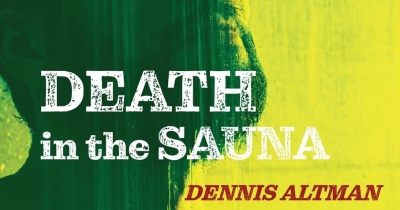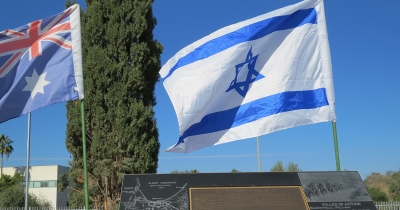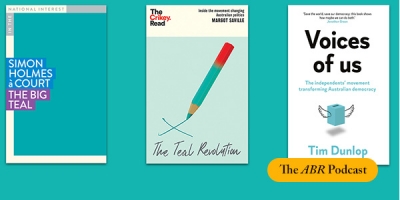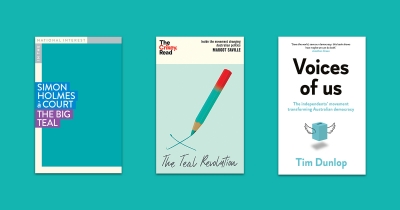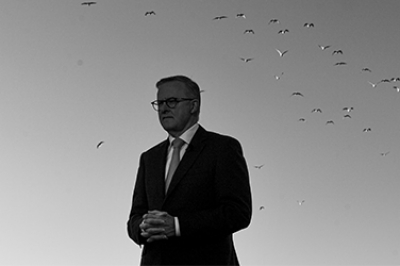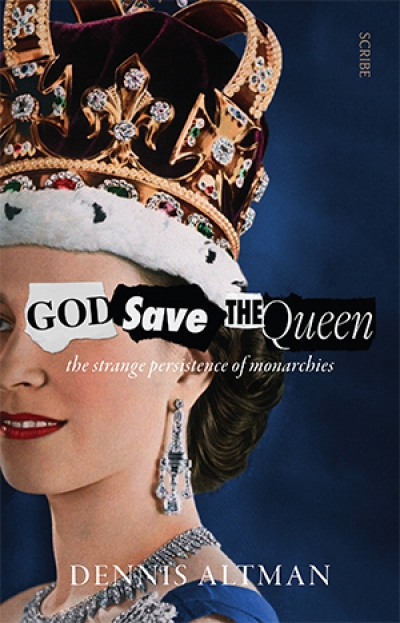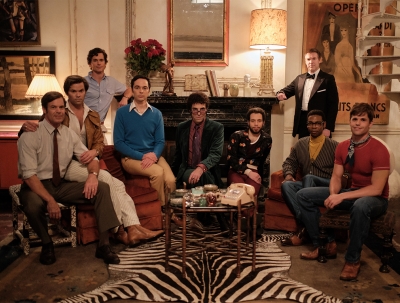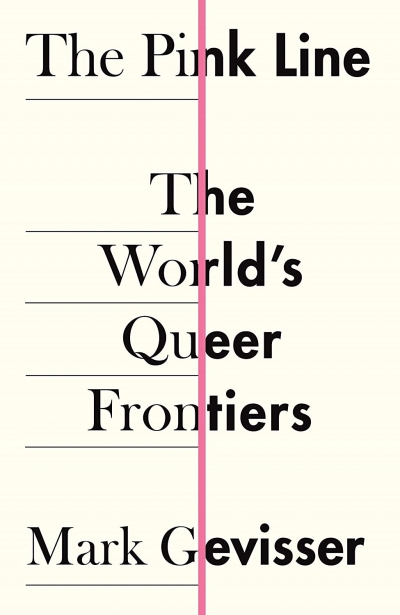Dennis Altman
![]() Want to write a letter to ABR? Send one to us at This email address is being protected from spambots. You need JavaScript enabled to view it..
Want to write a letter to ABR? Send one to us at This email address is being protected from spambots. You need JavaScript enabled to view it..
... (read more)
Last year I turned eighty. Vacillating between denial and celebration, I decided, with some trepidation, on the latter. It was thirty years since I had last had a big birthday party: this one needed to be special. I consoled myself that, old as I am, I am still younger than the president of the United States, Mick Jagger, and the pope.
... (read more)Pressure is mounting on the Albanese government to recognise Palestine as a state. Following a resolution moved by Penny Wong, this became ALP party policy in 2021, and it will almost certainly be reaffirmed at this year’s party conference in August. Former Foreign Minister Gareth Evans has written a powerful defence of the policy, which has been assailed, predictably, by the Israel lobby.
... (read more)Since the May 2022 federal election, several books have been published seeking to explain the rise of the teal independents. In this week’s ABR Podcast, Dennis Altman, a Vice-Chancellor’s Fellow at La Trobe University, reads his review of three such books. Altman argues that the media’s concern with the teals borders on an ‘obsession’, blinding them to other cross-currents in the Australian political landscape. Listen to Dennis Altman’s ‘Teal Talk: Exaggerating the independents’ revolution’.
... (read more)The Teal Revolution by Margot Saville & The Big Teal by Simon Holmes à Court
Following the recent federal election, we invited several senior contributors and commentators to nominate one key policy, direction, or reform they hope the Albanese government will pursue.
... (read more)God Save the Queen: The strange persistence of monarchies by Dennis Altman
It is hard today to recall the full extent of the furore that surrounded the first productions of Mart Crowley’s play The Boys in the Band. First produced off Broadway in April 1968, a year before the riots at the Stonewall Inn that sparked a new militant gay politics, it quickly became a hit, and was staged in Sydney later that year, where it ran for seven months.
... (read more)

